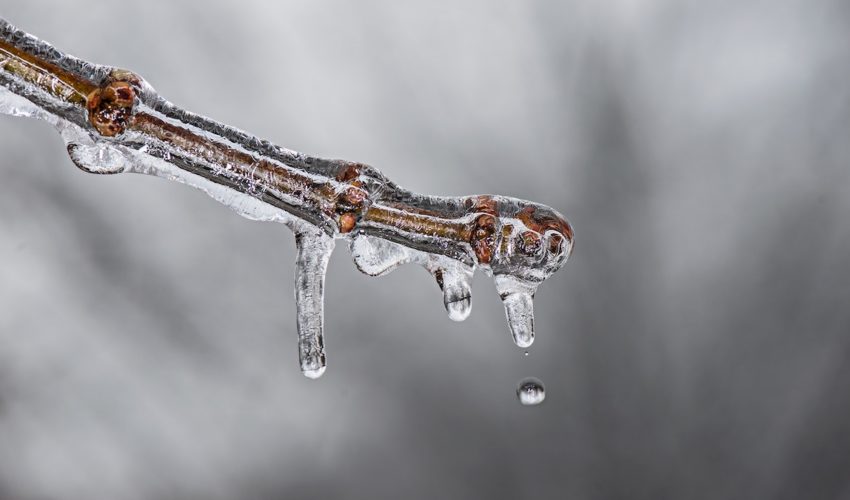Although San Antonio, typically known for its warm, South Texas climate, was recently hit by a hard freeze, the cold winter season is far from over. Whether you believe your pipes may have frozen in this latest freeze or you’re looking to prevent frozen pipes in the future, due to the huge inconvenience and potentially costly expense they present, we can tell you what to look for and what to do next.
How to Prevent Frozen Pipes
#1 Locate and insulate any exposed pipes
To prepare for a freeze and prevent pipes from breaking, make sure your exposed pipes are properly wrapped with insulation. Pipe insulation might look or feel similar to a pool noodle. They’ll be split lengthwise and have peel-off adhesive to easily wrap around any outdoor pipes. These can easily get worn by the Texas sun, so make sure to inspect them each year and replace if they start deteriorating.
#2 Protect your hose bibbs or outdoor faucets
While you should leave your pipes insulated year-round, prior to a freeze hose bibb covers (usually plastic and styrofoam or a sock-like cloth) offer additional protection and can be removed in the warmer months.
#3 Trickle water (less than a steady stream, but more than a drip)
Moving water is harder to freeze than stationary water sitting in your pipes. Think about how water flows through your home from the water meter. During a hard freeze, trickle water from the faucet the farthest away from the meter to get water flowing through your entire system.
#4 Open bathroom or kitchen cabinet doors
If bathroom or kitchen plumbing lies on an exterior wall, opening cabinet doors will allow the heated air in your home to warm the pipes behind your cabinets as well.
How To Tell If Your Pipes Are Frozen
You may be dealing with frozen pipes when water isn’t flowing normally. It could manifest as one faucet that doesn’t work, missing hot water, missing cold water, or no water flow through the whole house. Any of those things can be the sign of a blockage.
If water gets trapped between two blockages (two areas in the pipeline freeze with water trapped between them) the pressure that builds up can lead to a burst pipe. If you see signs of a water leak or water where it should not be, turn off the water to your home to prevent a bigger mess.
When It’s Time to Call a Plumber
Luckily, whether you’re dealing with the aftermath of this last freeze or looking to prepare for the rest of winter, you can call North East Air for help.
In Preparation
Preventive care is integral to keeping your pipes protected when the next freeze occurs. North East Air Conditioning, Heating and Plumbing offers two special services to help you prepare your pipes for freezing temperatures.
Winter Plumbing Special: includes winterizing exposed pipes and outdoor hose bibbs in addition to flushing your water heater, another type of preventative maintenance to ensure a long working life for your appliance.
Winter Tankless Special: includes winterizing exposed hose bibbs and pipes as well as tankless water heater maintenance, a necessary yearly service that will keep your tankless heater running smoothly.
To learn more about our seasonal specials, call or fill out our contact form today.
And Beyond
In our South Texas climate burst or frozen pipes are rare — the weather usually has to stay below 32 degrees for more than 24 hours. If pipes start freezing, however, it will be a rapid and widespread problem. The wait for a plumber could get lengthy as appointment slots fill. If you suspect a problem, call your plumber as quickly as possible to reduce your wait time. A plumbing professional will know how to locate a trouble spot, thaw your pipes to get water flowing again, and check for leaks to make sure a bigger problem isn’t lurking.


